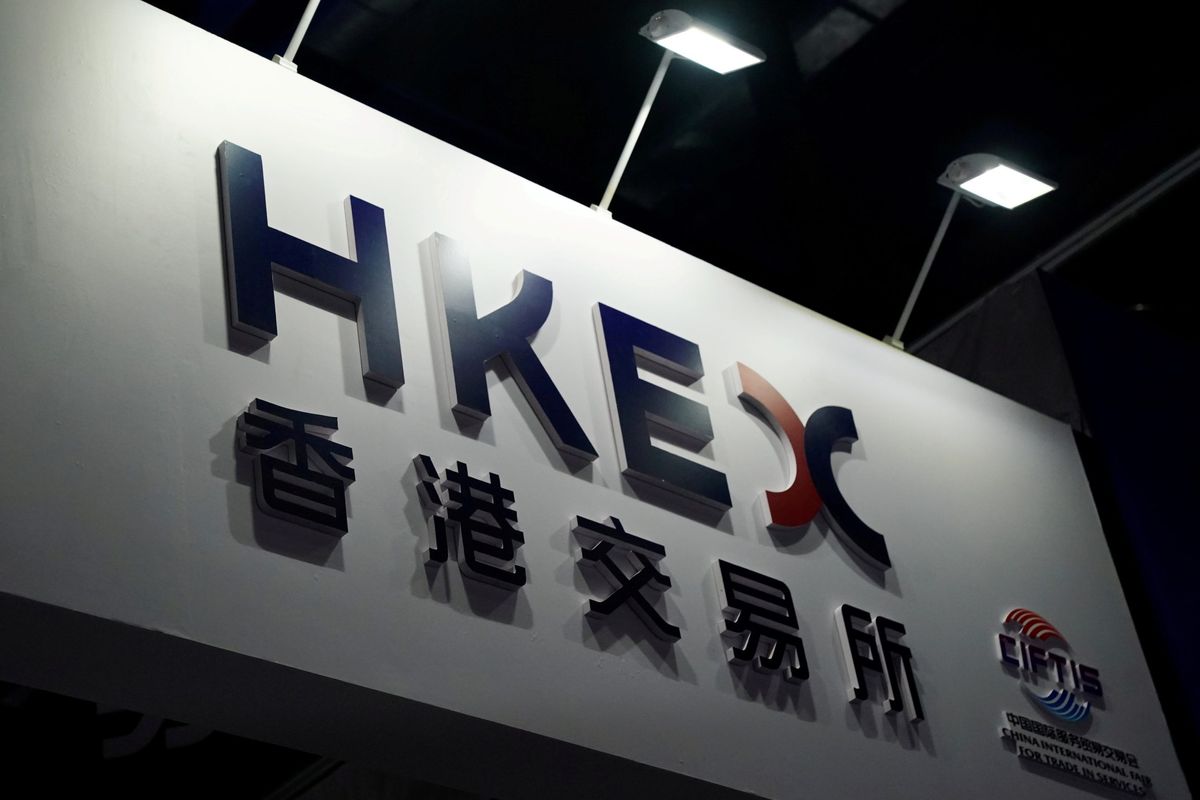Major debut IPOs flop in Hong Kong – what does this say about the market?

A few minutes every morning is all you need.
Stay up to date on the world's Headlines and Human Stories. It's fun, it's factual, it's fluff-free.
Around the world, central banks are raising interest rates to calm inflation, driving up fears of a global recession. As tensions rise between China and the US over Taiwan (among other issues), uncertainty lingers over Chinese listings in the US (there’s a huge US inspection of Chinese audits happening in Hong Kong right now) and the COVID-free policy in China sticks around, stocks are taking a hit. After Hong Kong’s Hang Seng Index sank to its lowest rate in over a decade last week, stock traders have been playing it a lot safer lately.
Chinese EV-maker Leapmotor and property management unit Onewo are Hong Kong’s two largest completed IPOs for 2022 (worth a combined US$1.5 billion). Yesterday, they had their market debuts, and both totally flopped. Leapmotor ended down 34%, and Onewo dropped 6.8%. Because Hong Kong’s market is getting hit by so many obstacles, traders don’t seem to want to put big money on IPOs at the moment. Now, there probably won’t be any more major market debuts this year as investors stay cautious.
Key comments:
“Appetite for IPOs is weak amid the market volatility," said Linus Yip, chief strategist at First Shanghai Securities.
“Weak sentiment in the secondary market has not normalized yet. The key issue for IPOs in the future in Hong Kong will be the tug of war between companies and investors in respect to valuation, and that could last for a long time," said Ke Yan, lead analyst at DZT Research, to Reuters.
“Leapmotor’s IPO was expensive even after pricing it at the bottom, and the Hong Kong offering was significantly undersubscribed, which suggests that investor sentiment was weak. [This company’s] market share expansion comes at the cost of its margins and it is struggling to make gross margins while all its domestic peers are making decent gross profits," explained Shifara Samsudeen, an analyst at LightStream Research.




Comments ()